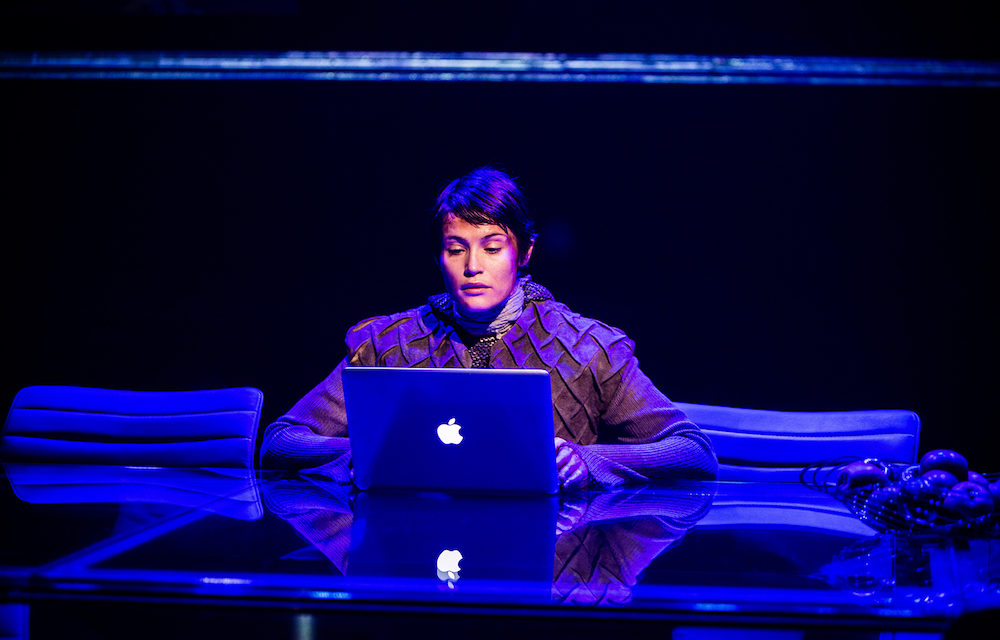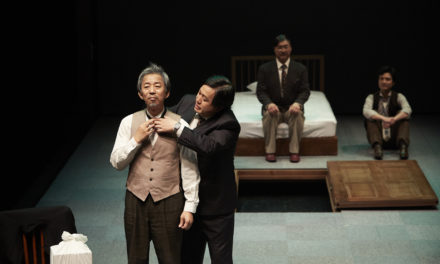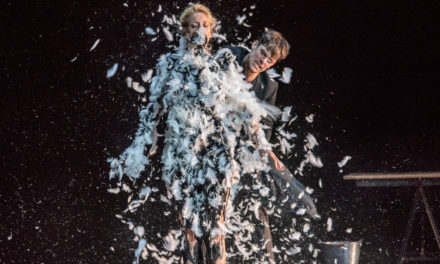For the past six months there has only been one news story in town: Brexit. In a referendum on June 23, 2016, the British people voted by a narrow majority to leave the European Union. This Brexit has not only reminded us about divisions in the country — most notably between middle-class versus working class; young versus old; educated versus ignorant; employed versus unemployed; cosmopolitan versus Little Englander; multicultural versus racist; and London versus the regions (or to put it in tabloid-speak “the metropolitan elite” versus “real people”) — but has also unleashed powerful negative forces (racism, xenophobia, and a dozen shades of Little Englandism). At the same time, it has baffled most people: when prime minister Theresa May repeatedly states, “Brexit means Brexit,” it is already tiresome to add: “But what does Brexit mean?”
Theatre folk have reacted to Brexit with enormous gloom; at times it seems as if the whole sector has experienced a huge sense of loss. If it is too early to expect anyone to write a play about the subject, maybe it’s not too early to suggest that this whole debate might give British political theatre a much-needed shot in the arm. So far, apart from Stephen Laughton’s Screens (Theatre 503, August 2016) and a couple of murmurs at last year’s Edinburgh Fringe, Brexit is a subject for new plays that is still waiting to happen. Given the fact that lead times for theatre are quite long, we are bound to have to wait a little while longer. Meanwhile, it is worth remembering that new British plays, both before and after Brexit, has already made their contribution — usually in the form of metaphor — to our understanding.
Last year, the Royal Court in London staged the prescient work of Zinnie Harris (How To Hold Your Breath, a highly imaginative play about reverse migration from Europe to north Africa) and of Stef Smith (Human Animals, a similarly imaginative look at a national emergency during an ecological catastrophe). And, anyway, since the idea of Brexit is so firmly etched in people’s minds, audiences must already be watching any new play with post-European spectacles. To give two recent examples: Lucy Kirkwood’s new play, The Children (Royal Court), is mainly about how the older generation has bequeathed a toxic nuclear future to a younger generation. It doesn’t take much to see this is a metaphor for the Brexit vote, where older people were markedly more keen to leave the EU than younger voters. Likewise, an old classic such as George Bernard Shaw’s Saint Joan (Donmar Warehouse), in this current modern-dress revival, now feels more than never uncomfortable whenever Joan the country girl talks about nationalism and throwing out foreigners from her country. So Brexit is already making its presence felt in how we watch plays old and new: it is not much of a prediction to say that this will become increasing true as 2017 unfolds.
This post was written by the author in their personal capacity.The opinions expressed in this article are the author’s own and do not reflect the view of The Theatre Times, their staff or collaborators.
This post was written by Aleks Sierz.
The views expressed here belong to the author and do not necessarily reflect our views and opinions.


















